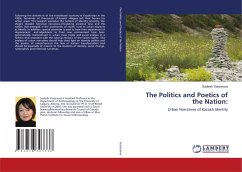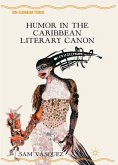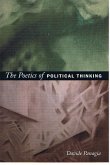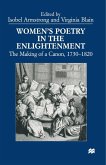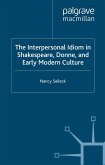Following the downturn of the transitional economy
in Kazakhstan in the 1990s, hundreds of thousands of
Kazakh villagers left their homes for urban areas.
This research examines the notions of identity,
ancestry, the shejýre (Kazakh historical narratives
articulating ancestral ties), and the nation that
emerged in the testimonies of recent rural to urban
migrants in Almaty. In addition, special attention
is paid to how their experiences of displacement and
adjustment to their new environment have been
systematically misconstrued in urban mass media and
social analysis in a fashion that resonates with the
colonial rhetoric of the Soviet regime. This
analysis of urban narratives should help shed light
on identity politics and the poetics of nationhood
at the time of historic transformation and should be
especially of interest to the students of identity,
social change, nationalism, and historical
narratives.
in Kazakhstan in the 1990s, hundreds of thousands of
Kazakh villagers left their homes for urban areas.
This research examines the notions of identity,
ancestry, the shejýre (Kazakh historical narratives
articulating ancestral ties), and the nation that
emerged in the testimonies of recent rural to urban
migrants in Almaty. In addition, special attention
is paid to how their experiences of displacement and
adjustment to their new environment have been
systematically misconstrued in urban mass media and
social analysis in a fashion that resonates with the
colonial rhetoric of the Soviet regime. This
analysis of urban narratives should help shed light
on identity politics and the poetics of nationhood
at the time of historic transformation and should be
especially of interest to the students of identity,
social change, nationalism, and historical
narratives.

